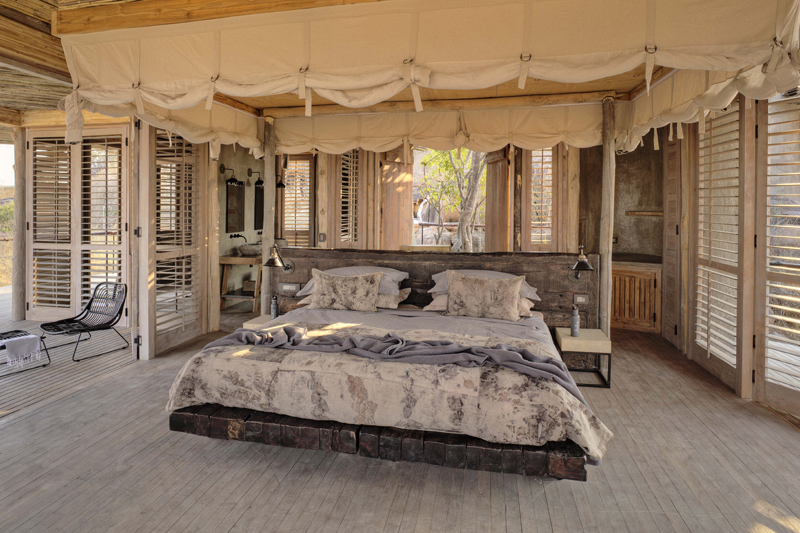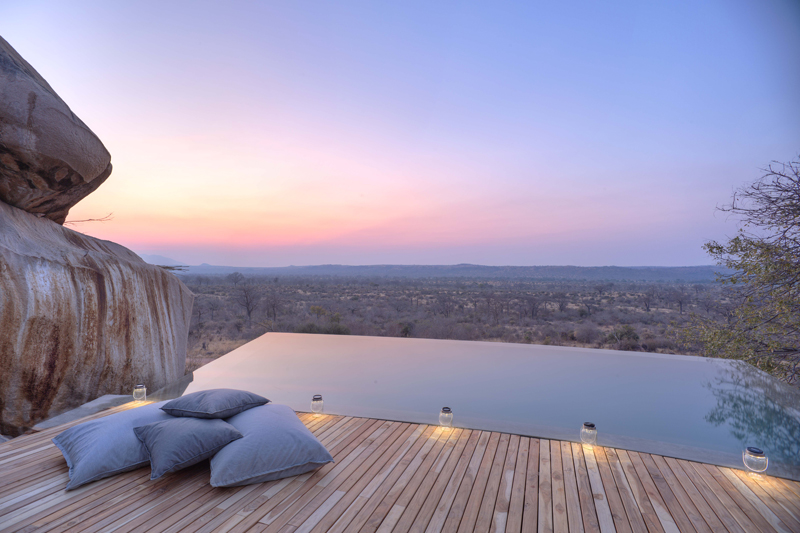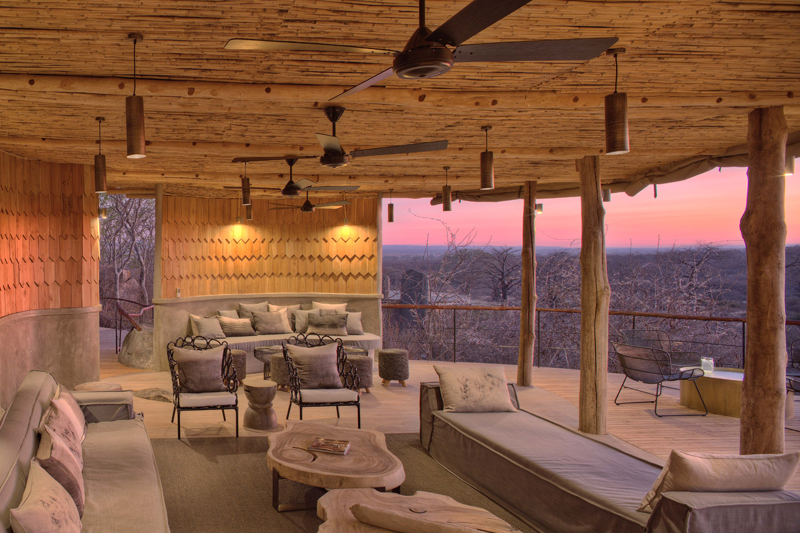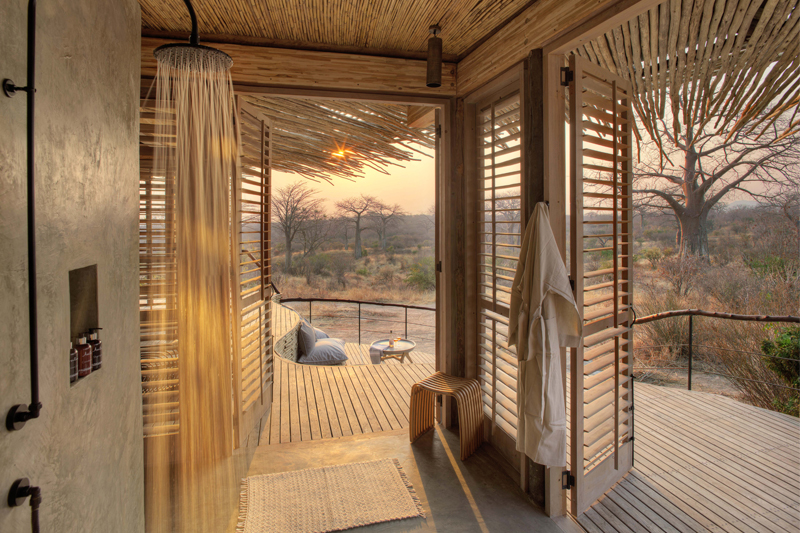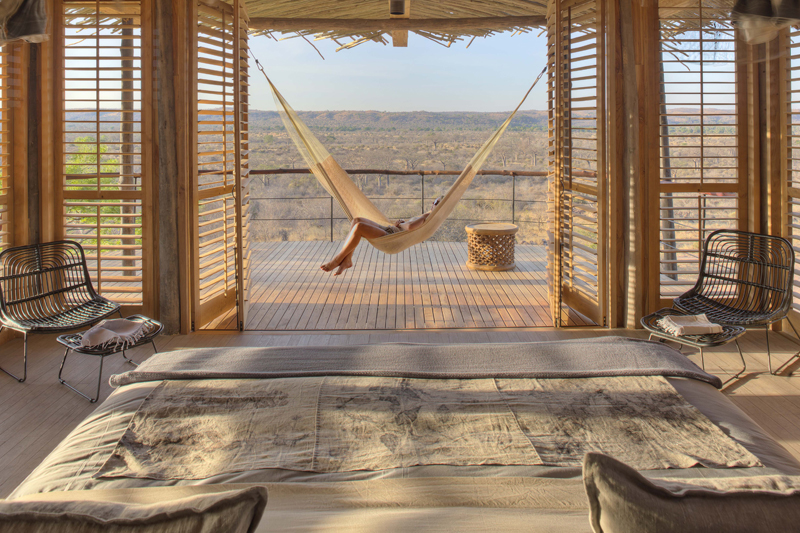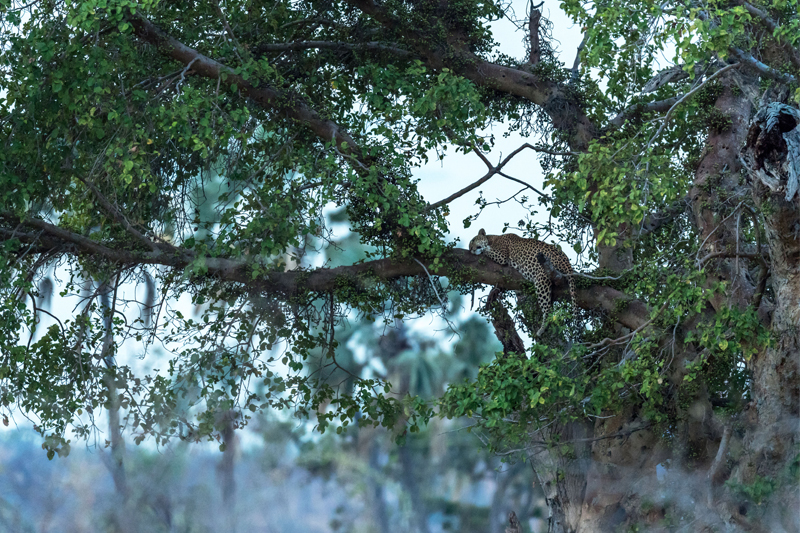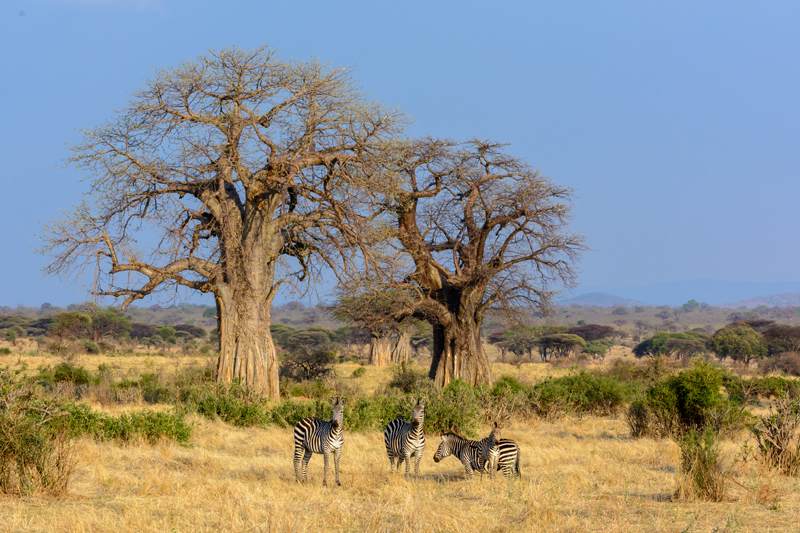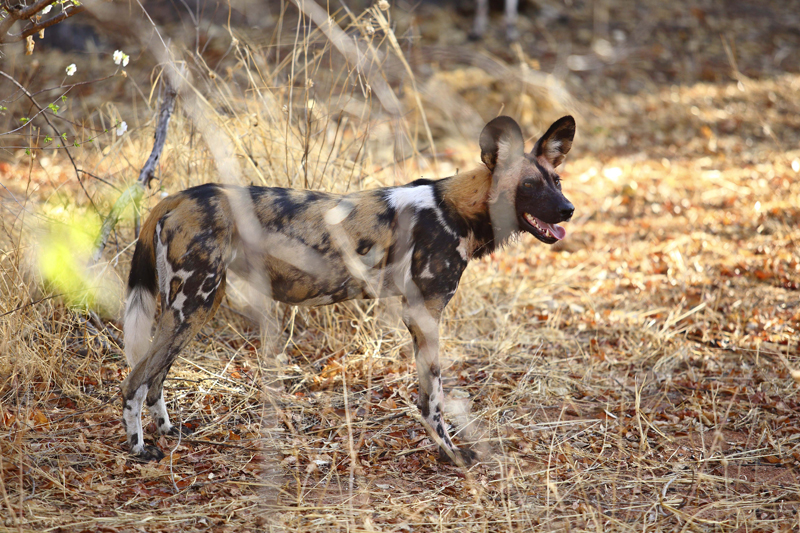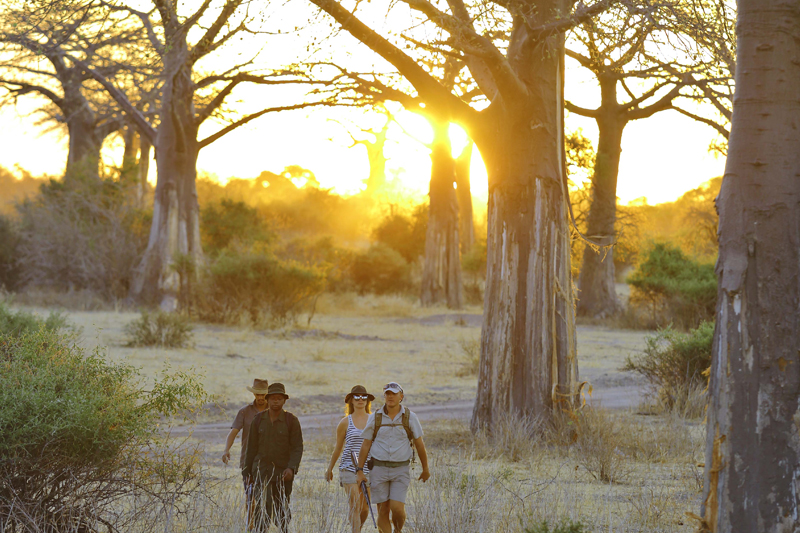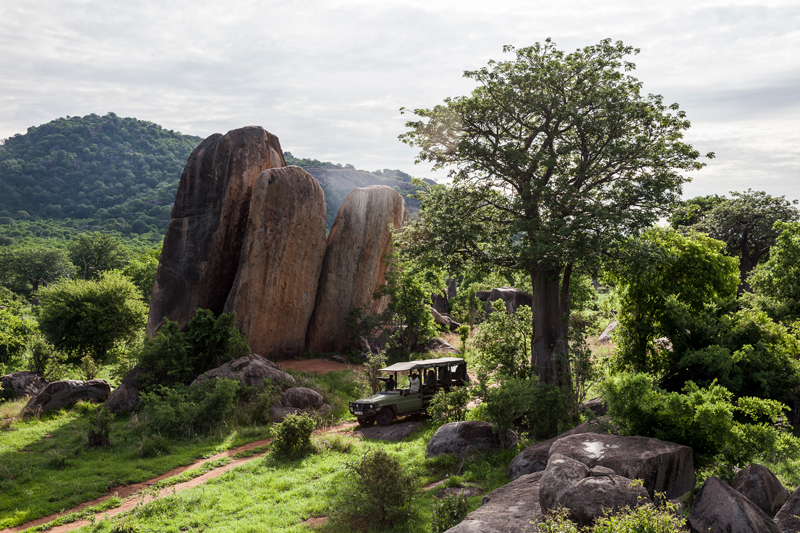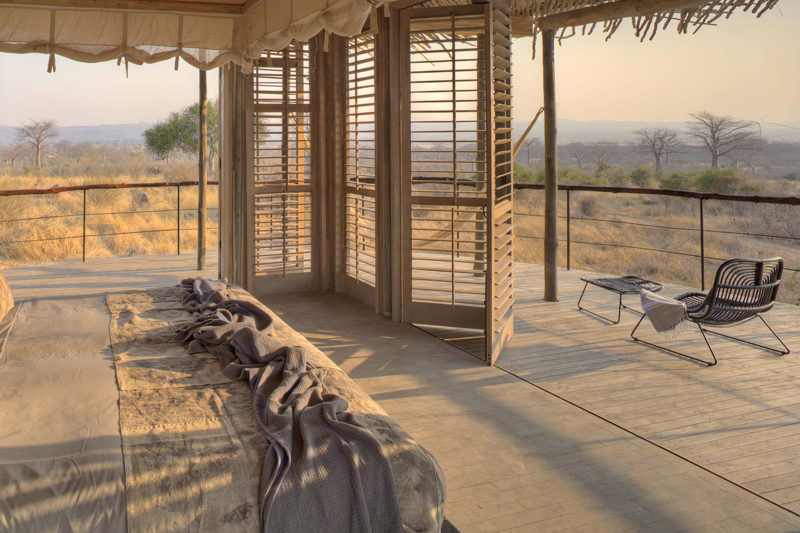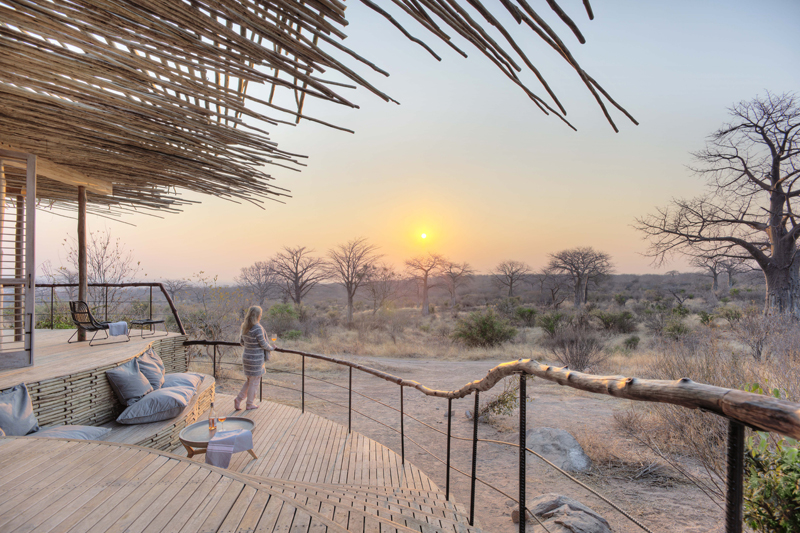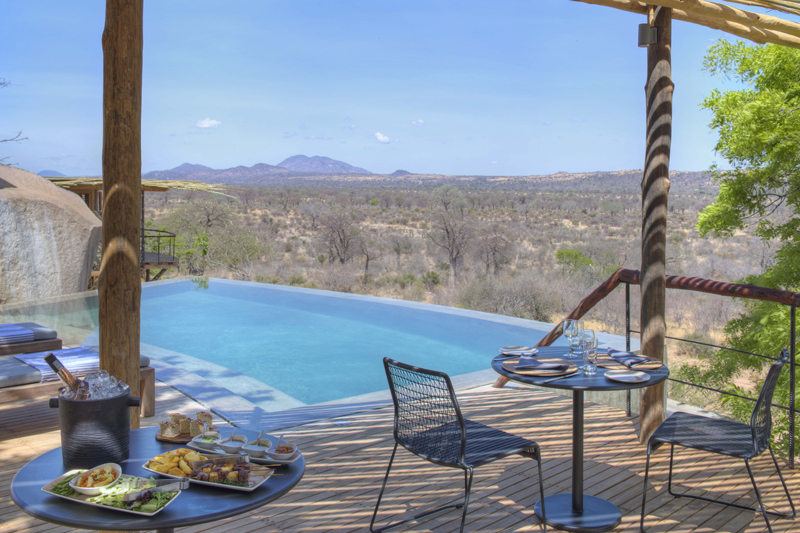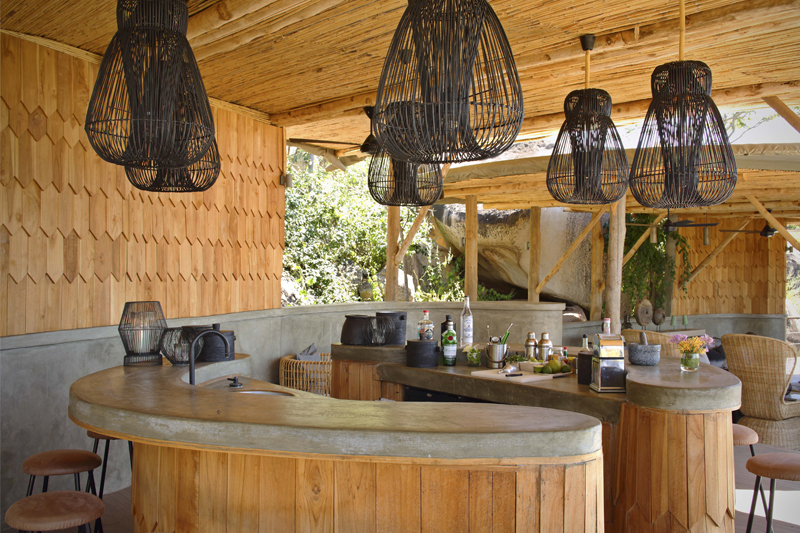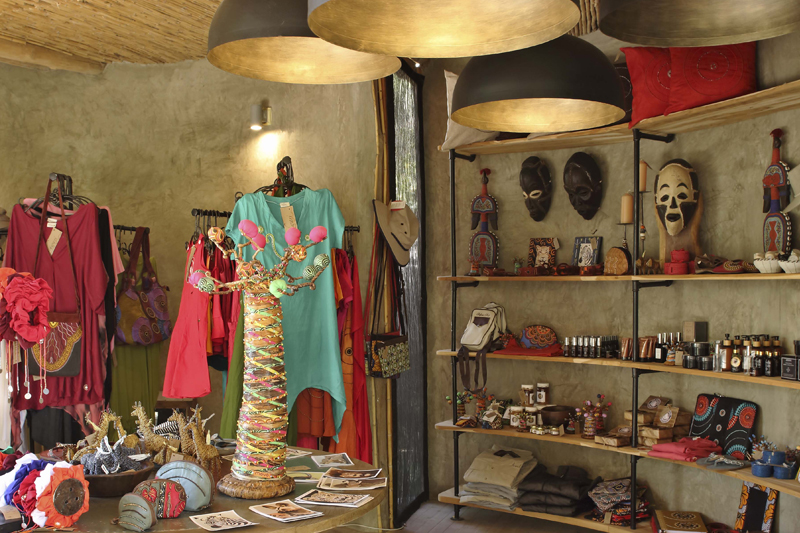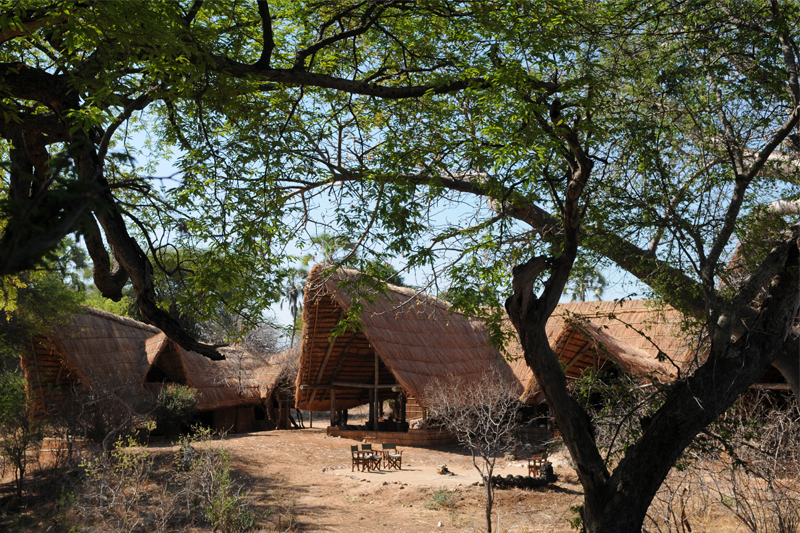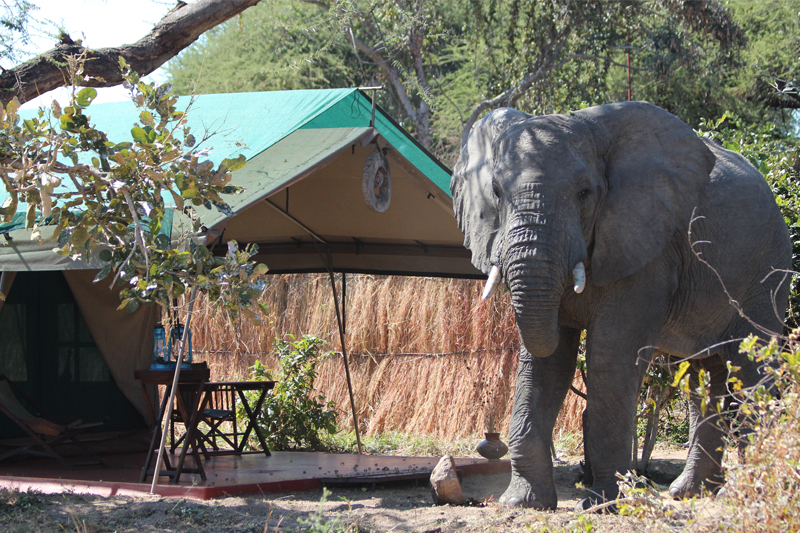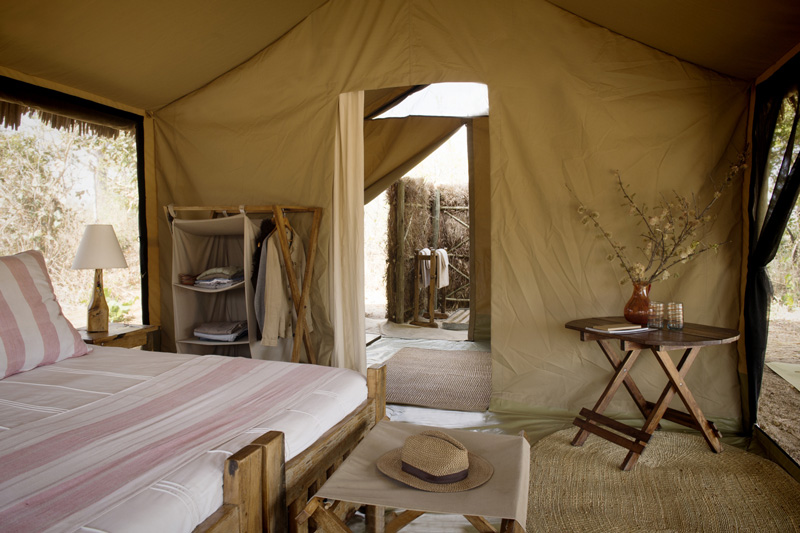Jabali Ridge
Jabali Ridge is a luxurious lodge set high on a rocky kopje close to the Mwagusi Sand River, the core game viewing area in Ruaha National Park.
Jabali Ridge has been beautifully designed using neutral colours, wooden floors and louvered shutters to create a modern and contemporary feel in all the suites. The lodge is located centrally to the main game viewing areas of the park where huge herds of buffalo and elephant can be seen, as well as lion and leopard. Jabali Ridge is one of the few properties in the park that offer night drives, and morning guided walks are also included. The staff and management are friendly and attentive, and the cuisine and service is of a high standard. Arguably the premier lodge in Ruaha, Jabali Ridge offers a modern twist, and will suit travellers looking for a sophisticated safari experience. Jabali Private House is undoubtedly the most exclusive and luxurious private accommodation option in Ruaha.
Rooms
Jabali Ridge caters for a maximum of 19 guests in eight suites. The accommodation is dotted along the kopjes, each accessed by raised wooden walkways. Each suite is luxuriously furnished with wooden floors, louvered shutters, ceiling fan, mini bar, hairdryer, 24 hour lighting and en suite plumbed facilities with flush toilet and a rain shower. The king/twin beds have a large headboard with bedside lamps and a linen mosquito net is rolled down at night. Each suite has a private three-quarter wraparound outdoor decked area with a sunken deck which incorporates a comfortable, cushioned lounge area to relax and enjoy the view.
The separate Jabali Private House caters for a maximum of six guests. The house has two double bedrooms with en suite bathrooms, including both indoor and outdoor showers. The third en suite bedroom has twin beds and only an indoor shower. Jabali House has its own private indoor and outdoor dining areas, as well as a swimming pool.
Central Areas
The central dining area, bar and lounge are open-plan under shade and raised on a wooden deck. There is an infinity pool, with a decked pool bar area, library and massage room. The views from various different points are superb.
Facilities
Wi-Fi – Yes
Power for Charging – Yes
Swimming Pool – Yes
Habitat & Wildlife
Ruaha National Park was previously part of the huge Rungwa Game Reserve, with which it shares its north-western boundary. In 1964, it was gazetted as the National Park. The terrain within the park is well wooded and undulating. The Great Ruaha River gives the park a permanent supply of water, but there are also numerous sand rivers which become raging torrents during the rains (from December to April). In addition to the Great Ruaha River, there are also numerous waterholes, swamps and seepage areas which provide water throughout the year.
Generally speaking, the park is divided into four different habitats consisting not only of Miombo, but also of undulating hills dominated by baobabs, the albida woodland along the main river courses and areas of open ‘black cotton’ grassland. Mammal viewing is superb particularly in the dry season (June to October) when the animals are forced to congregate around water sources – elephant, buffalo, lion, leopard, cheetah, wild dog, impala, zebra, giraffe, hippo, waterbuck, roan and sable antelope, eland, greater and lesser kudu, and Grant’s gazelle are just some on the many species to be seen.
Local birdlife is exceptional as Ruaha lies in the convergence zone of species found both to the north and south of the region. Amongst the 570 or so species recorded in the park, you can expect to see bateleur and fish eagles; ostrich; spurwing and Egyptian geese; crowned cranes; guinea fowl; yellow-billed, saddle-billed, Abdim’s and open-billed storks; and numerous species of ibis, plover, kingfisher, bee-eater, parrot, duck, barbet, dove, francolin and roller. The local red-billed hornbill has recently been recognised as its own species. Tsetse fly are present in Ruaha but more in some areas than others. The core game viewing region around the Mwagusi River is not seriously affected by Tsetse.
Although sometimes on offer, we do not countenance extended walks in Ruaha unless you are escorted by a professional guide carrying his own firearm (which Jabali Ridge provide). We do not recommend walking safaris where security is only provided by park rangers, as in our opinion the rangers who take the walks do not have sufficient skills/experience. There is no off-road driving.
Activities
Activities include day and night game drives by open 4×4 vehicles, bush breakfasts, bush picnics and nature walks. Pre-booking is advisable for night drives and walks (which also cost extra). There is no off-road driving. Jabali Private House has own guide with private vehicle included.
Seasons
Jabali is open from June through to mid-March, through game viewing is best from July to October.
At Jabali Ridge, children aged five years and older are welcome. A roll away bed can be added to a suite for two adults travelling with one child. For larger families, either two separate suites need to be booked (with one parent in each, depending on the age of the children) or the three bedroom Jabali Private House can accommodate a maximum of four adults and two children. Despite the minimum child age, Jabali Ridge is more likely to be suitable for families with older children looking for a luxurious family safari experience.
Staying at any of Asilia properties, owners of Jabali Ridge, sees guests automatically contributing to community and conservation projects through their guest conservation charge. By staying at Jabali guests are also supporting their in-house training schemes and responsible tourism efforts.
Asilia’s vision in East Africa is for both the local people and nature to benefit from crucial wilderness areas thriving. They work with local communities and offer primary, secondary and tertiary educational scholarships. Twende Porini, meaning ‘let’s go to the bush’, is a project which takes a group of children from their villages close to the areas in which Asilia operates, to one of their camps for several days. Whilst at the camp the children are mentored by Asilia guides and staff as well as local school teachers and engage in a range of activities from lectures to game drives in order to assist their understanding for the need for conservation in the wild areas close to their communities.
Sustainability efforts in Asilia’s camps include banning the use of cling film in their kitchens, using biodegradable lunch packs and providing guests with reusable bottles to reduce plastic water bottle waste.
AsiliaGiving is an online donation platform for their UK and US charities with total annual donations increasing significantly. The projects which AsiliaGiving support are both human and wildlife focussed.
Jabali Ridge, specifically, supports the Ruaha Carnivore Project and STEP (Southern Tanzanian Elephant Program). The Ruaha Carnivore Project (RCP) works to develop conservation programmes for the large carnivores which inhabit Ruaha. They do this by showing films in the villages, collaring lions with GPS trackers which, given knowledge of their location, enables them to advise researchers of possible human conflict. They also assist in creating enclosures for the Maasai herdsman and support education through student scholarships. RCP work on initiatives which benefit local communities where wildlife is present, ensuring they are invested in predator conservation in the area. STEP focusses the long-term safety of elephants through aerial surveillance, technical training for rangers, research and monitoring of behaviour, campaigning and educating people on the importance of elephants as a keystone species in the Ruaha ecosystem.



